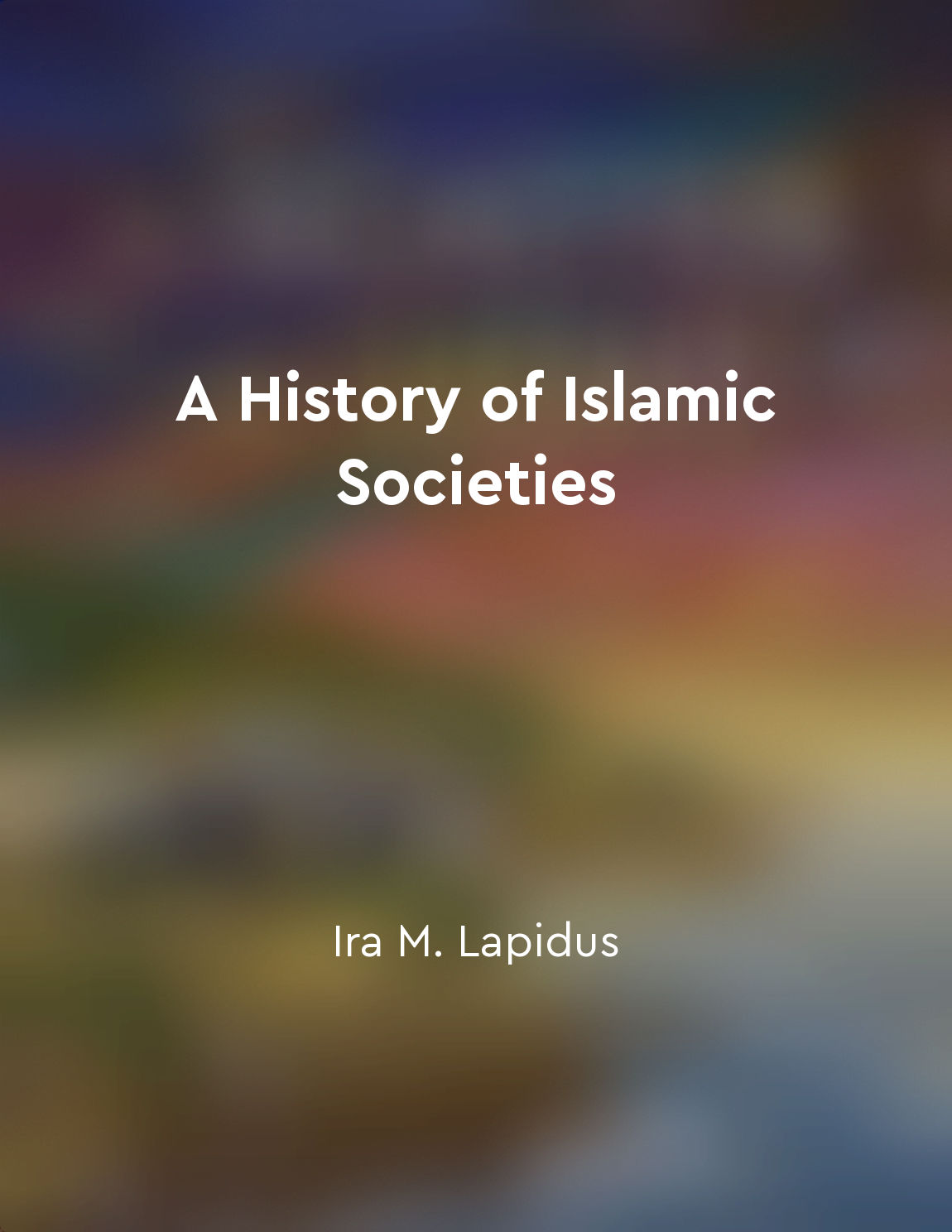Persecution from "summary" of LIFE OF HAZRAT MUHAMMAD SM by Shovon Ahmed,Sifat Mahmud,Go with Shovon,Golam Rabby
Persecution refers to the systematic mistreatment of an individual or group based on their beliefs or characteristics. In the context of the life of Hazrat Muhammad (SM), persecution played a significant role in shaping the early years of Islam. The Prophet and his followers faced harsh opposition and persecution from the Quraysh tribe in Mecca due to their rejection of idol worship and embrace of monotheism. The persecution of the early Muslims took various forms, including physical violence, social ostracism, economic boycotts, and even attempts on their lives. Despite these challenges, Hazrat Muhammad (SM) and his followers remained steadfast in their faith and continued to spread the message of Islam. The Prophet himself endured personal attacks and hardships but never wavered in his mission. The persecution faced by the early Muslims served to test their faith and commitment to Islam. It also forced them to seek refuge in the neighboring city of Medina, where they were welcomed by the Ansar (helpers) and were able to establish a strong Muslim community. The migration to Medina marked a turning point in the history of Islam and laid the foundation for the growth and spread of the religion. Through their experiences of persecution, Hazrat Muhammad (SM) and his followers learned valuable lessons about patience, perseverance, and the importance of standing up for what they believed in. The trials they faced only strengthened their resolve and deepened their faith in Allah. Despite the hardships they endured, the early Muslims never lost sight of their ultimate goal of establishing a just and righteous society based on the principles of Islam.- Persecution was a defining aspect of the early years of Islam and played a crucial role in shaping the faith and character of Hazrat Muhammad (SM) and his followers. The challenges they faced only served to strengthen their commitment to Islam and their determination to spread its message to the world.
Similar Posts
Farewell pilgrimage
The Farewell Pilgrimage was the last and most significant pilgrimage made by the Prophet Muhammad (peace be upon him). It took ...

Islamic societies continue to grapple with modernity and tradition
Throughout the centuries, Islamic societies have been faced with the challenge of reconciling traditional values with the deman...
The Quran as a guide for personal growth
The Quran is a comprehensive guide for personal growth. It offers valuable teachings and principles that can help individuals d...
Political powers have historically used religion as a tool to legitimize violence
One of the prevalent narratives in discussions of violence is the idea that religion is a major source of conflict in the world...
Prophets are tasked with conveying God's message with clarity and sincerity
In the Quran, the prophets are depicted as messengers of God, entrusted with the vital task of communicating His message to hum...

Islamic societies faced challenges from European colonial powers
Islamic societies encountered formidable obstacles from European colonial powers that sought to exert their dominance over vast...
The Quranic narratives underscore the importance of prophetic guidance
The Quranic narratives consistently emphasize the significance of prophetic guidance in shaping human behavior and beliefs. Thr...
Humility
The concept of humility is deeply rooted in the life of Hazrat Muhammad (SM), serving as a guiding principle in his every actio...

